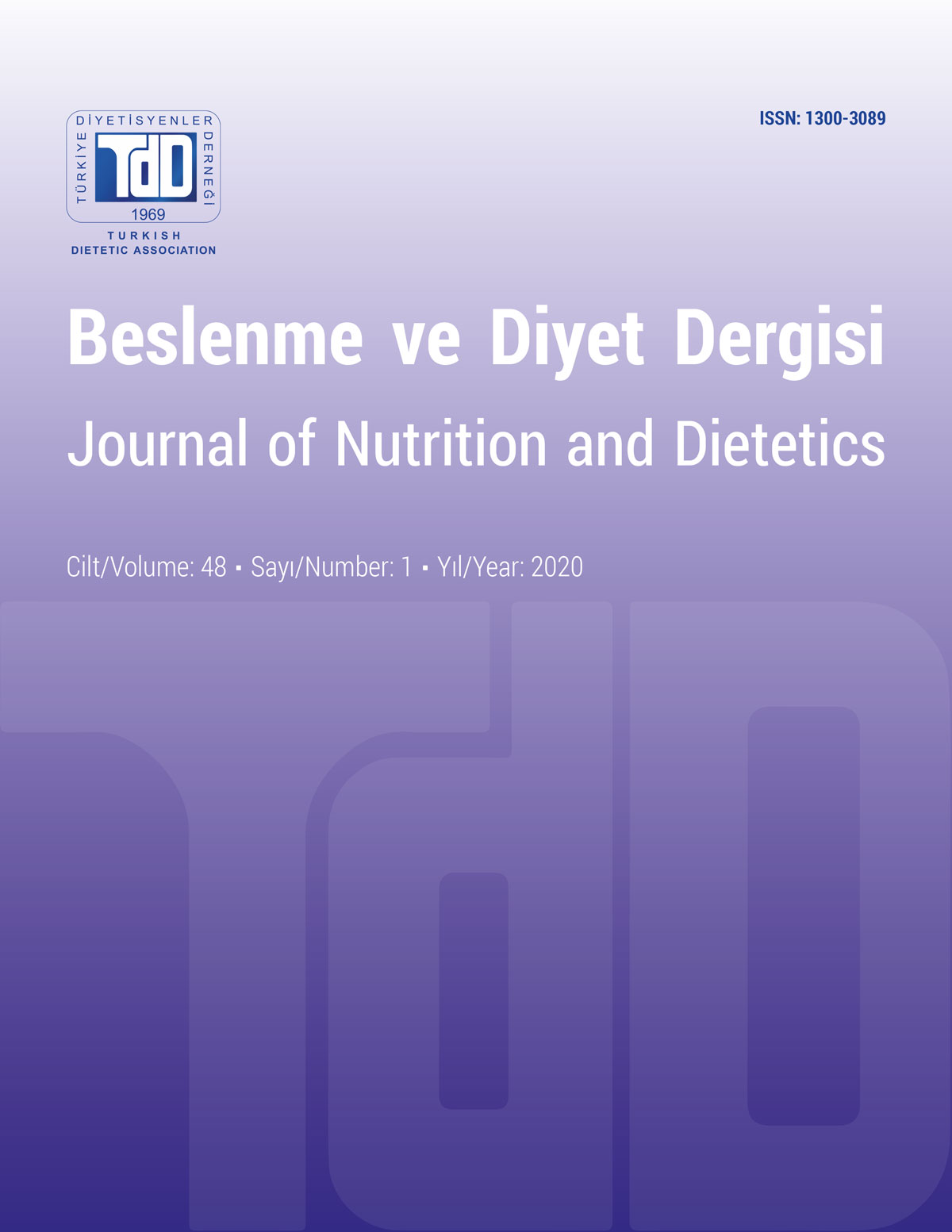Effects of Lifestyle Intervention on Gestational Body Weight Gain and Pregnancy Complications
DOI:
https://doi.org/10.33076/2020.BDD.1294Keywords:
Obesity, pregnancy, gestational weight gain, lifestyle intervention, counselingAbstract
Obesity prevalence is increasing in the world, especially among women of reproductive age. Women who are overweight or obese before pregnancy often experience weight gain above the recommendations of the American Institute of Medicine for pregnant women. Pregnant women who experience excessive gestational weight gain face problems such as gestational diabetes, pre-eclampsia, eclampsia, hypertension, thromboembolism, obstetric anesthesia, cesarean delivery, postpartum hemorrhage, wound infections, delayed breastfeeding onset, shortened breastfeeding period, postpartum body weight retention and obesity. Babies of pregnant women experience excessive gestational weight gain have high risk in terms of premature, stillbirth, congenital anomaly, large for gestational age, macrosomia, shoulder dystocia, neonatal hypoglycemia and obesity in childhood. There are many studies in the literature that lifestyle interventions involving diet and physical activity reduce gestational weight gain and have positive effects on pregnancy complications. This process is an important period for lifestyle-related interventions, as pregnant women who regularly benefit from health care systems are more positive about lifestyle changes in terms of their baby’s health. This review aimed to discuss the effects of lifestyle interventions during pregnancy on gestational weight gain and pregnancy complications based on literature.

